Providence celebrates 100 years while building its future
Advertisement
With 100 years of history, Providence University College and Theological Seminary is on the precipice of leaping into a future that could not have been imagined when it was founded as Winnipeg Bible Training School by Dr. H.L. Turner in 1925.
Details of a new fundraising announcement that will shape the post secondary institution for the next generation will be made at the centennial gala Sept. 5 at the RBC Convention Centre.
That gala is preceded by an award ceremony for those who contributed long-term to Providence, a nod to the past.
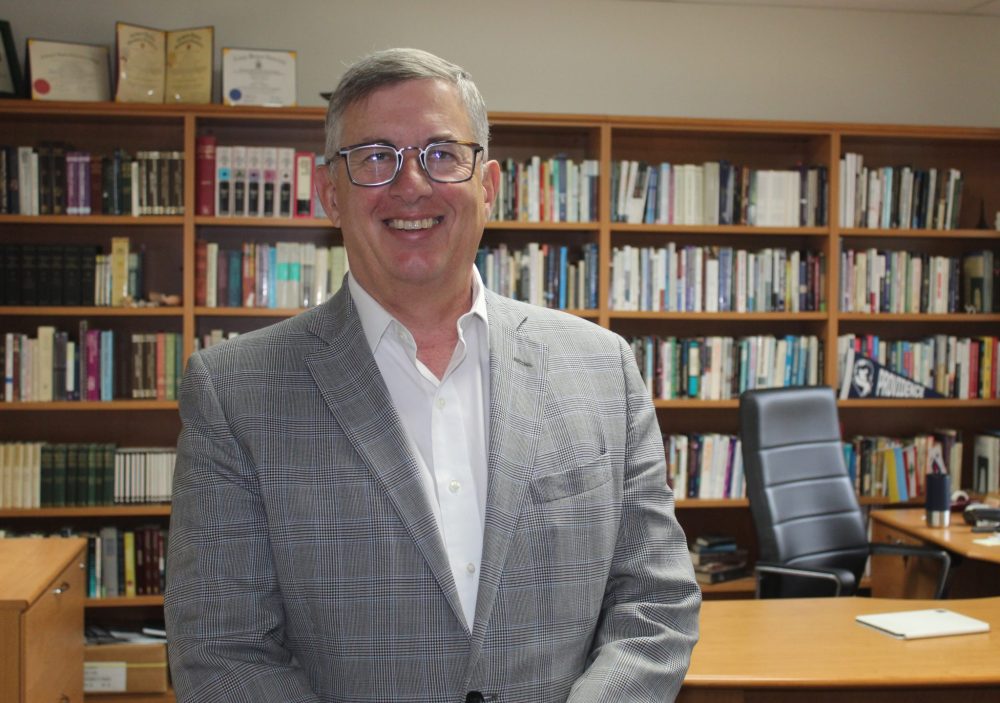
It will be followed Sept. 6 by a festival at the Otterburne campus from 11 a.m. to 3 p.m. with tours, live music and activities for all ages. Then there is the two-time Grammy award winner Zach Williams and Jordan St. Cyr concert at 7 p.m. in Steinbach’s Southeast Event Centre. Tickets for the gala and concert are available on the school’s website prov.ca.
The Christian institution ends the centennial celebration Sunday, Sept. 7 with a worship service at the Otterburne campus at 2 p.m.
Present
Dr. Kenton Anderson has occupied the president’s office at the 100-acre Otterburne campus since June 2021.
In those four years, he has tackled some mighty challenges: a pandemic, aging infrastructure, and a recent cut to international students that disproportionately affects non-public schools like Providence.
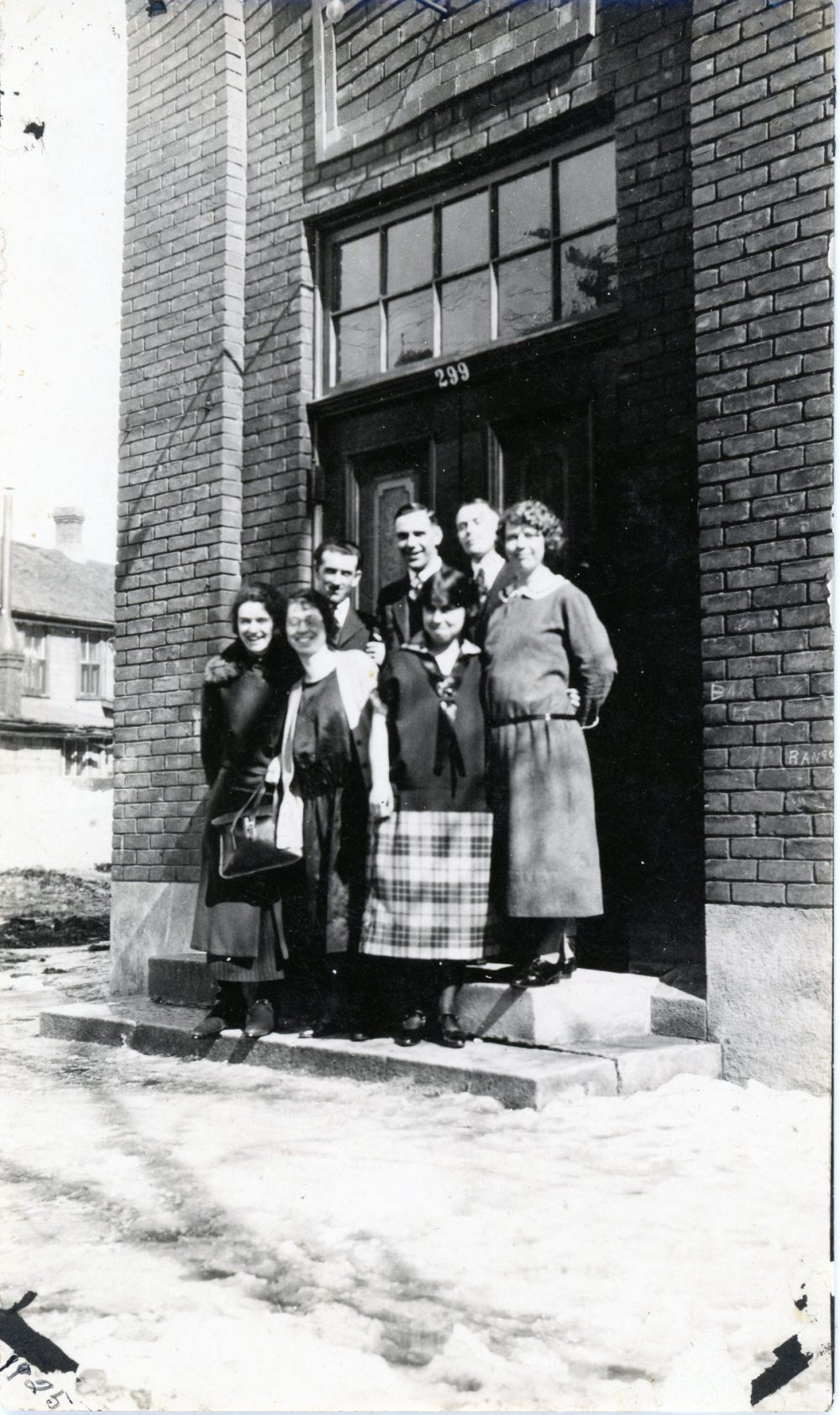
Anderson takes pride in the downtown Winnipeg international student program. But new restrictions in immigration federally and provincial prioritization of public universities for placing those international students has severely limited Providence’s programming and finances for its downtown work started in 2022.
“That’s been tricky. We’ve had a significant program, over 1,000 international students in a program: Master of Arts, Masters in Education Leadership, and Master of Management program downtown.
“It’s a tremendous program. We’re really excited about the effects of it. It’s good for the city, good for the province,” said Anderson.
He called new international student rules extremely challenging. Providence was forced to sell downtown property it had recently purchased. It is only accepting applications on its website for the Master of Management program.
Anderson said Providence is discussing with the provincial government if there are solutions, especially if public schools do not use all the allocated international student spots.
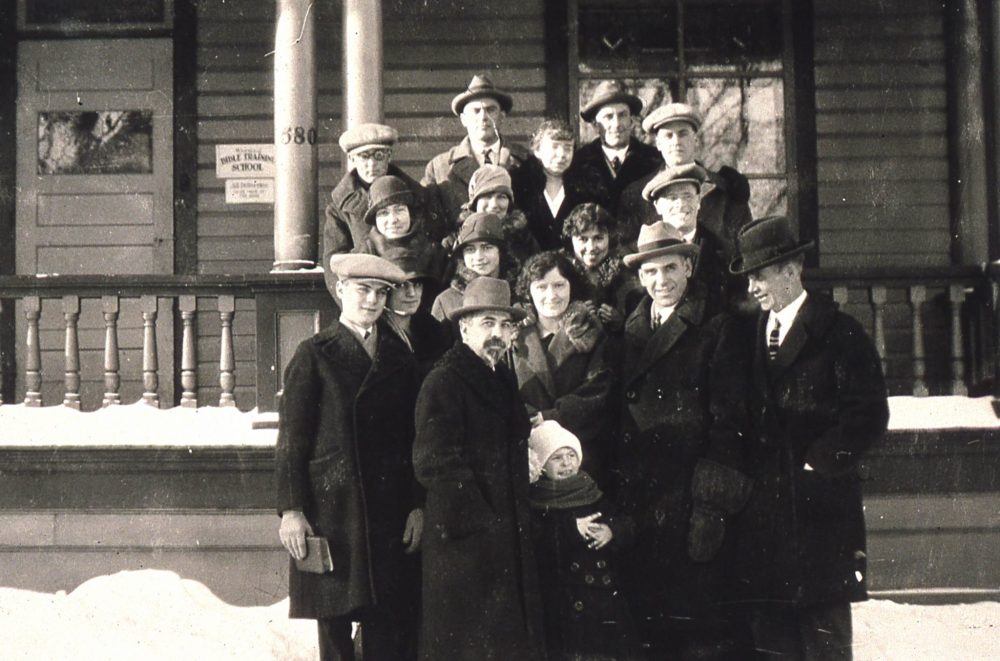
“We’re hopeful that our allocation will be increased sufficiently to manage a smaller scale program in the downtown core,” said Anderson.
The theological component of the Christian school drew Anderson from Northwest Seminary in Langley, BC, where over 26 years he got to serve as professor, dean and president. He also saw great potential at making a profound difference.
“I thought there was great potential to grow this school that was in need of change and innovation, and that’s kind of how I role; that’s what I like to do,” said Anderson.
“So it was an interesting opportunity to take something with 96 years of history at that point and to reshape things for the next century. That was compelling.”
The innovation he has seen in his four years includes the development of the centre for on-demand education, focusing on competency-based projects and working with employers and industry.
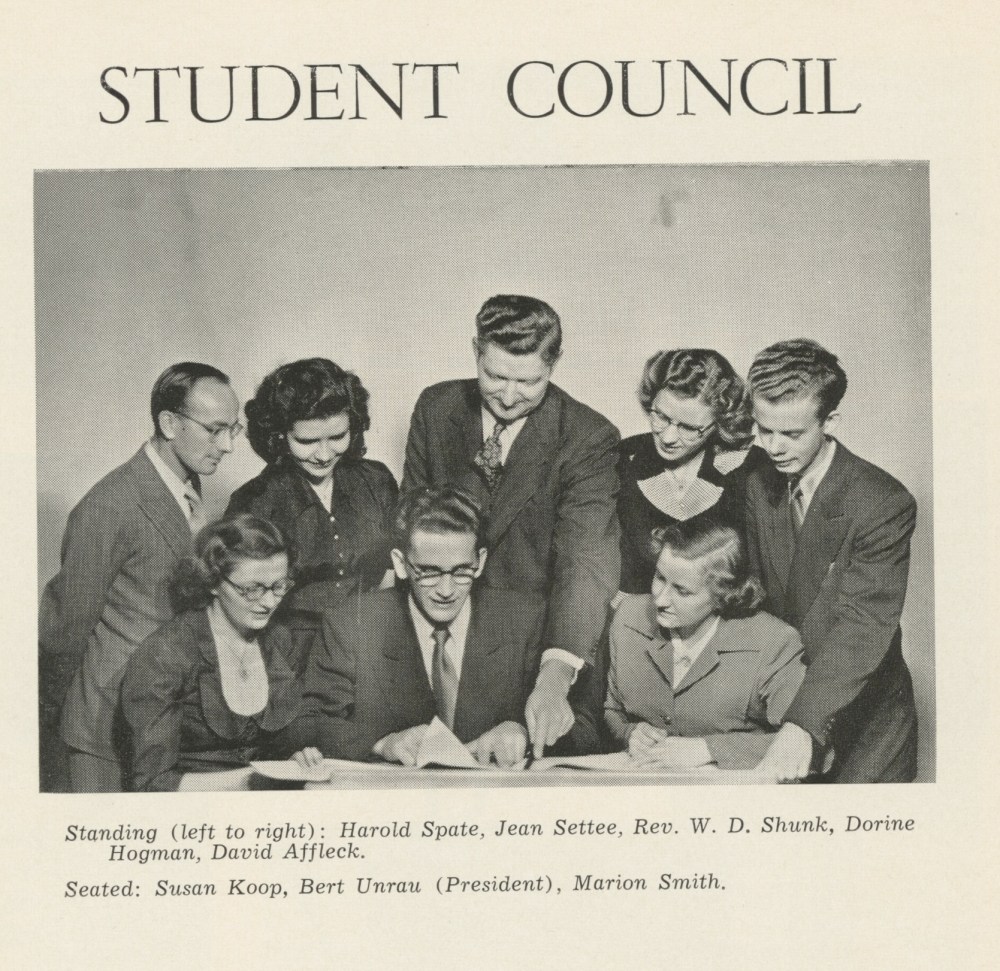
“Lots of on the ground, contextual educational products. That’s something I’ve worked on for the last 15 years, but I was kind of pleased to bring it here and see what we can do with it,” said Anderson.
It has educators checking in with students learning from experience and working at their own pace with those mentors.
“There’s no semesters, there’s no syllabi in the classic sense. There’s no classrooms essentially. The context is the classroom,” said Anderson.
“It’s not time-based, it’s outcome based. It’s a very powerful way to develop people, especially when you’re focusing on specific applications like in the workforce or whatever avenue or direction you’re trying to pursue.”
One of that program’s more well-known students includes retired Winnipeg Police Chief and chaplain Devon Clunis. He and others are experiencing the program as more than just an internship, according to Anderson.
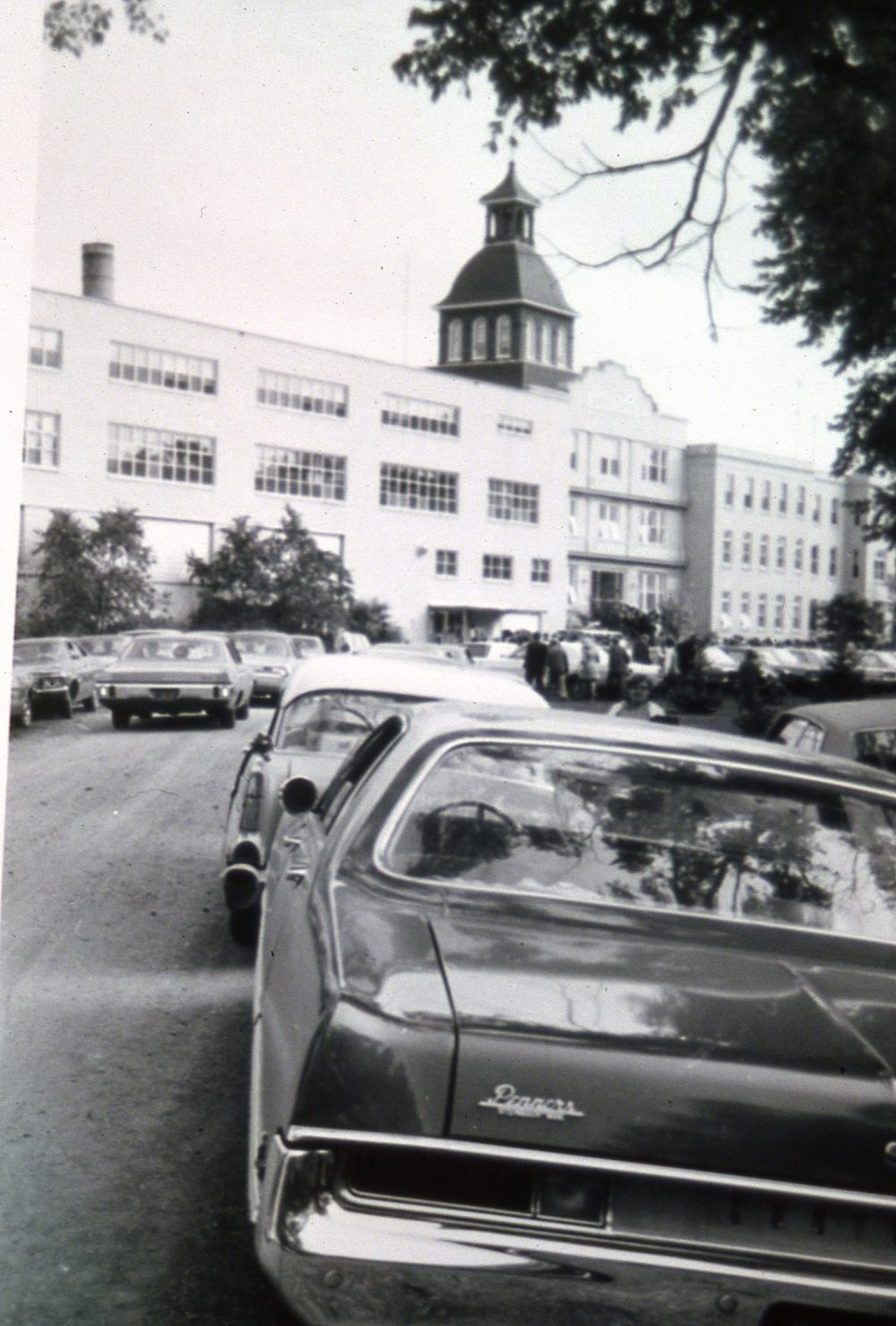
“In a classroom setting, you tell people what they’re going to experience in the workforce. But in this case the workplace is the classroom. You’ve got qualified people who’ve been there and done that who are able to discuss with the student what they’re learning as they’re doing these things,” explained Anderson.
“It takes the learning out of the classroom and to where the rubber meets the road,” he added.
There has also been more collaboration with Indigenous communities across the province in developing leadership programs.
“There’s some massive potential developing,” hinted Anderson.
Financial stability makes these initiatives and expansion possible.
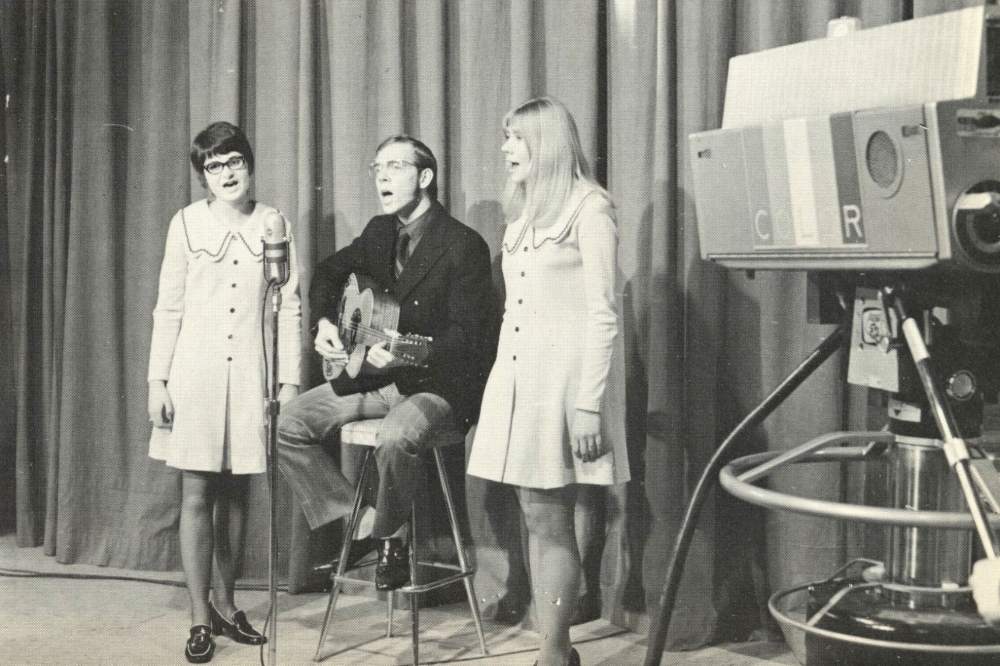
“Just getting the school on its feet financially. That was a major concern obviously,” said Anderson.
Past
Either by divine guidance or the hand of man, Providence started using a version of its current name in 1991. It also went by many names before becoming Providence University College and Theological Seminary in 2011.
It was founded in 1925 by Rev. H.L. Turner as the Winnipeg Bible Training School, quickly becoming the Winnipeg Bible institute in 1929.
After getting provincial approval to grant theological degrees — making it the first bible college to grant bachelor degrees in Canada — the name was changed to Winnipeg Bible Institute and College of Theology in 1948. Full degree-granting status in 1964 saw its name changed to the Winnipeg Bible College.
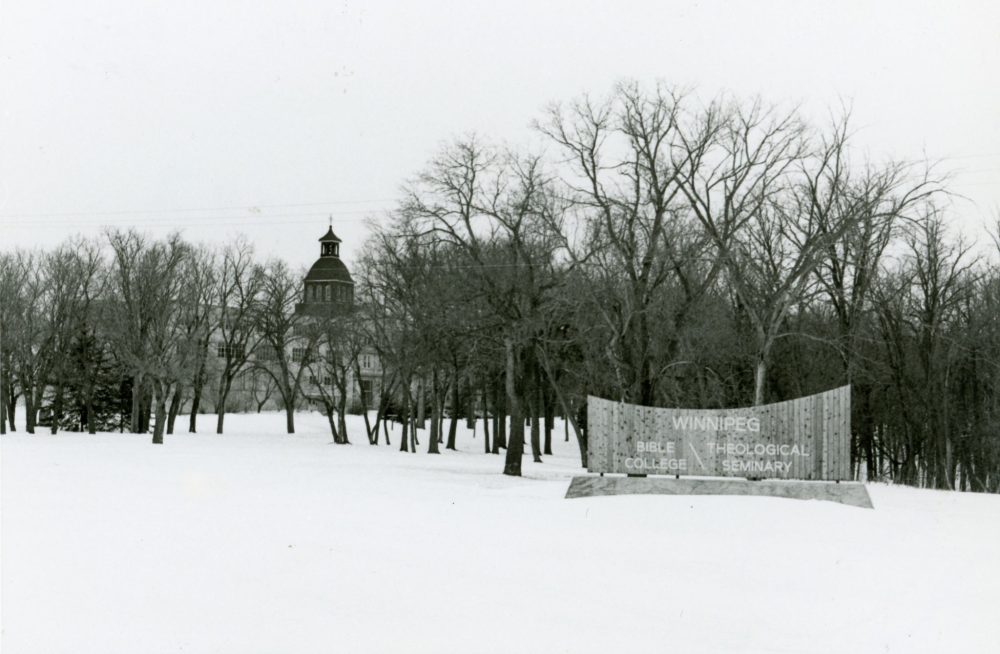
Then 1970 saw the big move to the banks of the Rat River in Otterburne. A seminary was included in 1972.
Sports became a fixture during school life, with an athletic director added in 1975. Students took flight in 1984 with the new Aviation major in partnership with Harv’s Air.
It took over 20 years in Otterburne to drop the Winnipeg in the name in 1991 and become Providence College and Theological Seminary. A year later students were able to transfer credits to the University of Manitoba. University was added to Providence’s name in 2011.
The Buller School of Business was established in 2007. The Science department was formed in 2015 with its first major in General Biology.
Through all that time, Anderson sees the faith that founded the school last through the century and differentiate it from other schools.
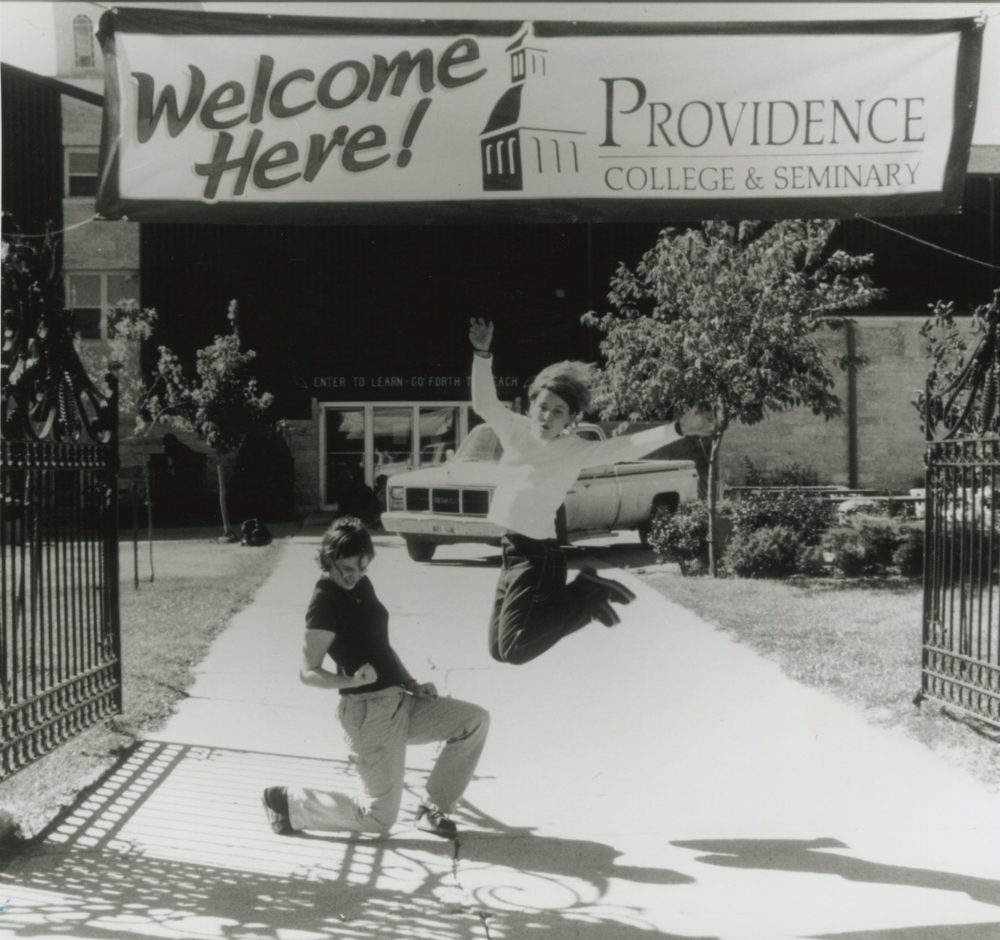
“All truth is God’s truth. So whether we’re studying environmental science or the human mind or something like that, we come at it from the perspective of people who believe that there’s a loving god who created this world and is directing the world towards His purposes,” said Anderson.
Future
The move to add “University” to Providence’s name and offer university-level degrees has been part of a movement to become a full-fledged and provincially recognized university under the Advanced Education Administration Act.
“That would be a legacy piece for us. It would really take us to another level as a university here in the province. As the only university option in southern Manitoba, we think this is a good opportunity for the province and the people of southern Manitoba,” said Anderson.
“We’re hopeful the provincial government will grant our request.”

He insists the designation would be a big deal.
“It would allow us to participate more fully in the life of higher education here in the province: invitation to (a) certain table that we’re not currently part of,” explained Anderson.
He said the official university designation would make them eligible to get more grants.
Another aspiration is to start a transnational program that would allow Providence to teach overseas.
“A workforce initiative that would allow us to bring competency-based programming to industry in a significant way,” explained Anderson, who wants to grow that competency-based programming significantly over the next few years.

To find out the three-phase fundraising plan that stretches past 2035, the future starts this September at the gala.
